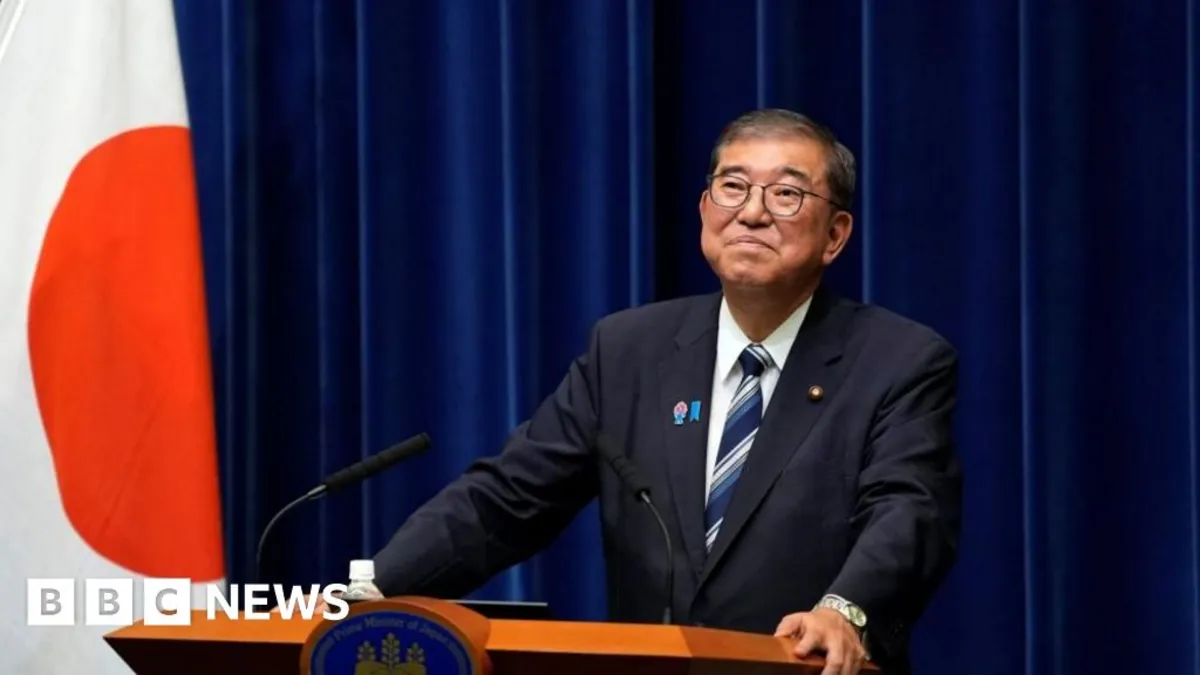
In a surprising turn of events, Japan's Prime Minister Shigeru Ishiba has declared his resignation after less than a year in office, following significant electoral setbacks. His announcement comes just a day before the Liberal Democratic Party (LDP) was set to vote on whether to initiate an internal leadership election that could have resulted in his ousting.
The LDP, which has been in power for nearly seven decades, experienced a dramatic shift under Ishiba's leadership. For the first time in 15 years, the party lost its majority in the lower house, and in July, it also lost its majority in the upper house. This unprecedented decline has now plunged Japan, the world's fourth-largest economy and a critical ally of the United States, into a period of political uncertainty.
Ishiba stated that the timing of his resignation is appropriate, particularly following a recent agreement to ease US tariff measures on Japanese exports, including cars. He emphasized that the conclusion of these negotiations was crucial, noting, "Now that a conclusion has been reached in the negotiations concerning the US tariff measures, I believe this is precisely the appropriate time." This deal was signed last week to alleviate tariffs that had been imposed by US President Donald Trump.
Until his resignation announcement, Ishiba had resisted mounting pressure to step down, asserting that it was his duty to resolve the ongoing trade disputes with Washington. He remarked, "I have strongly believed that negotiations concerning the US tariff measures, which could be described as a national crisis, must be brought to a conclusion under our administration's responsibility." Despite these efforts, public sentiment towards his leadership had been waning, driven by rising inflation and a cost-of-living crisis.
During his term, Ishiba faced numerous challenges that further eroded public support. The doubling of rice prices over the past year contributed to the political fallout, complicating his efforts to inspire confidence among the populace. Additionally, controversies surrounding his cabinet appointments—specifically, his decision to include only two women—along with the distribution of lavish gifts to party members, sparked significant backlash.
As Ishiba prepares to step down, he has pledged to fulfill his responsibilities to the Japanese people until a new prime minister is appointed. The political landscape in Japan is now poised for change, with the LDP needing to reassess its strategies in light of recent electoral challenges and growing regional insecurities, particularly concerning its relations with China.